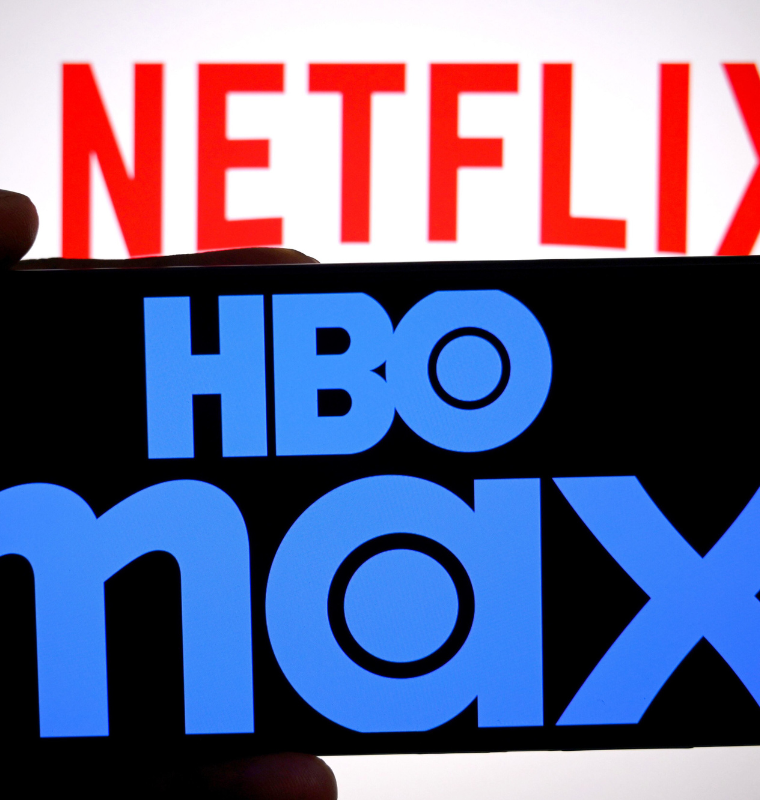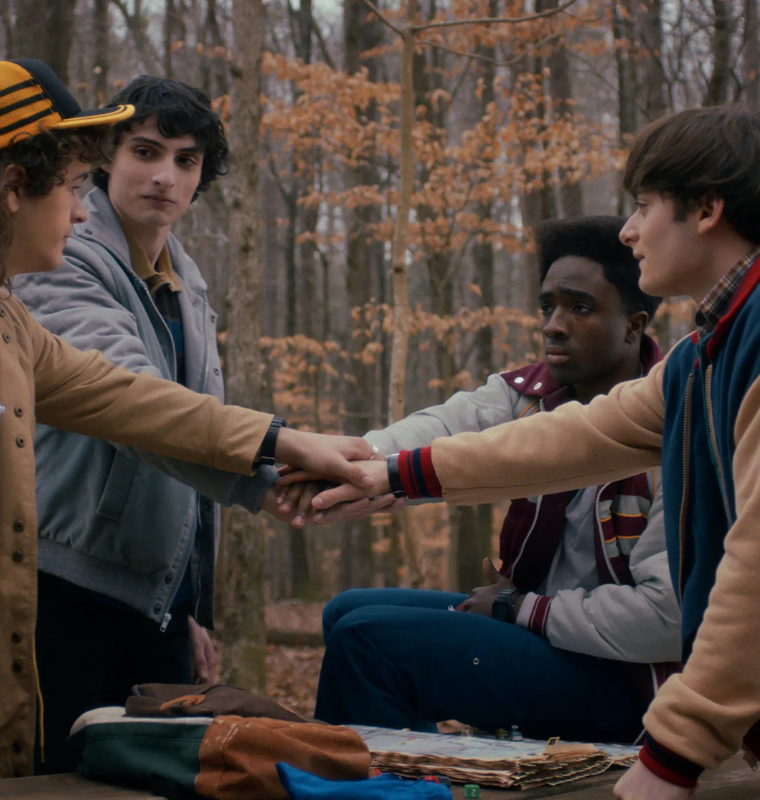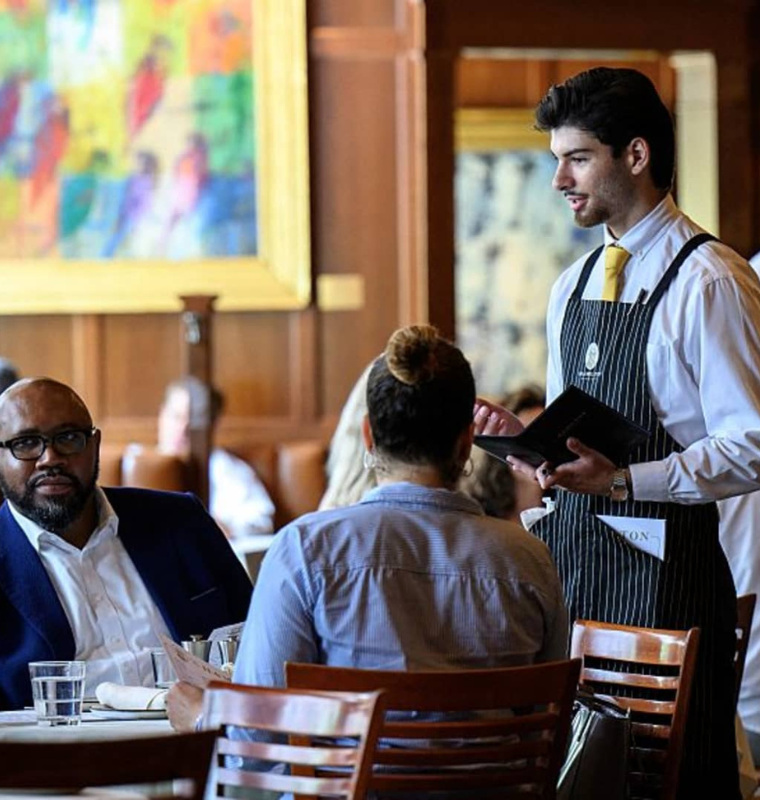Marvel’s Sebastian Stan Reveals How a $65,000 ‘Hot Tub Time Machine’ Check Saved His Career
Marvel’s Sebastian Stan Reveals How a $65,000 ‘Hot Tub Time Machine’ Check Saved His Career
By
Leah Rosenfeld
Last updated:
April 28, 2025
First Published:
August 3, 2025

Dominik Bindl | Getty Images Entertainment | Getty Images
Sebastian Stan’s Financial Struggles Before Stardom
Today, Sebastian Stan is a Hollywood heavyweight, fresh off an Academy Award nomination for The Apprentice and a Golden Globe win for A Different Man. The 42-year-old actor is also gearing up for a major role in Marvel’s upcoming film Thunderbolts.
Since 2020 alone, Stan has been unstoppable, appearing in 11 feature films and 5 television series. But just over a decade ago, his career — and finances — looked drastically different.
In a recent profile by Vanity Fair, Stan opened up about his early struggles, admitting there was a time when he was barely scraping by.
"I was actually struggling with work," he revealed, referring to the period before his breakthrough Marvel role.
Despite working hard to make a name for himself, it wasn’t until 2011, when he landed the role of Bucky Barnes in Captain America: The First Avenger, that his fortunes truly turned.
How Hot Tub Time Machine Saved Sebastian Stan
Before Marvel changed everything, an unlikely savior arrived: a raunchy 2010 comedy called Hot Tub Time Machine.
After a disheartening call with his business manager about his dire finances, Stan received unexpected news:
$65,000 had just arrived in the form of residual checks from Hot Tub Time Machine.
"I had just gotten off the phone with my business manager, who told me I was saved by $65,000 that came in residuals," Stan recalled.
At a time when he was unsure how he would pay his bills, that check was life-changing. It gave him the breathing room he needed — just in time for Marvel to come knocking.
Since his Marvel debut, Stan has played Bucky Barnes (also known as the Winter Soldier) in more than 10 Marvel films and series, building a franchise career that would make him a household name.
Sebastian Stan Isn’t Alone: Other Marvel Stars Also Faced Hard Times
Stan’s story echoes that of other major Marvel actors who faced financial hardship before fame found them.
Josh Brolin, who famously portrayed the villain Thanos in Avengers: Infinity War and Endgame, also struggled for decades before his big break.
In interviews, Brolin revealed that even after appearing in critically acclaimed films like American Gangster (2007) and No Country for Old Men (2007), he was essentially broke. Despite starring in two major movies, he had only $30,000 to his name after paying off debts and handling family expenses.
Brolin described a moment of pure panic, worrying he had no future projects lined up. But then came a lifeline: a backend payment from American Gangster. Initially thinking he had earned $60,000, he was stunned to find out the real check was $600,000 after a missed zero.
"I started bawling," Brolin admitted. "It just made no sense to me. It was like winning the lottery."
That massive payday gave Brolin financial security for the first time, much like Stan’s Hot Tub Time Machine residuals did for him.
The Reality Behind the Glamour: Why Residuals Matter
Stan’s and Brolin’s experiences highlight a reality often overlooked: even successful actors can face extreme financial uncertainty early in their careers.
Residuals — the recurring payments actors receive when their films or shows are re-aired, streamed, or sold — can provide critical support. According to SAG-AFTRA, residuals are often what help working actors survive between jobs, especially during periods of low employment.
In Sebastian Stan’s case, that $65,000 check wasn’t just money — it was a lifeline that kept a now-beloved star from slipping through the cracks just before his career-defining moment.
Final Thoughts
While we often admire celebrities for their current fame and fortune, it’s important to remember many of them were once just a few dollars away from giving up on their dreams. Stories like Sebastian Stan’s and Josh Brolin’s serve as powerful reminders that perseverance — combined with a little unexpected help — can lead to extraordinary success.
Popular articles
Subscribe to unlock premium content
Gilded Holidays in Fashion

How HBO Max Used the Power of Limited Series to Redefine Streaming Competition and Challenge Netflix’s Binge Culture

How Stranger Things Revolutionized Netflix and Redefined Streaming Entertainment

Gilded Holidays in Fashion

How HBO Max Used the Power of Limited Series to Redefine Streaming Competition and Challenge Netflix’s Binge Culture

Gilded Holidays in Fashion









